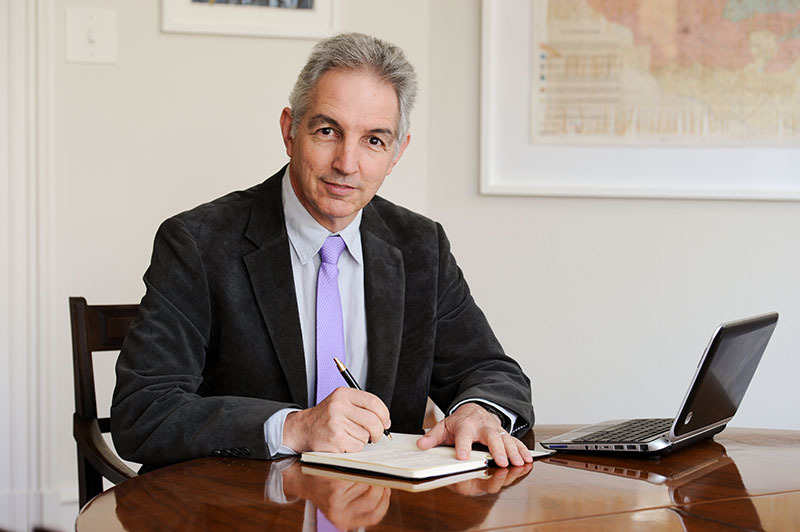Update on unfolding events at UCT
12 October 2016 | Story by Newsroom
|
12 October 2016
Dear colleagues and students The Executive and the Senior Leadership Group (SLG) today agreed to the suspension of classes for the rest of the week (Thursday, 13 and Friday, 14 October 2016). Staff and direct line managers are to agree on specific arrangements during this time. Key and critical services will continue. Please see the UCT website for more detail on this. I wish to share some of the thinking on the situation as we perceive it. The suspension of the academic programme has understandably caused much anxiety across the University of Cape Town. The executive and I fully understand the damaging impact of not completing the academic year – on students, parents, staff, society and the university itself. We appreciate, in addition, that for final year students and international students the consequences are even more severe. The economic consequences will also be far-reaching. I also appreciate that the uncertainty itself, about whether we are open or not, is disorientating, and exacerbates the stress and tensions inherent in this time of crisis. Unfortunately this is an unavoidable consequence of the current approach that links the successful completion of the academic year to an engagement process with protest leaders. We are focusing all of our energy on finding pathways to concluding the 2016 academic year successfully. We are engaging on a daily basis with the protest leaders to find solutions that will allow us to resume the academic programme. We have daily SLG meetings and regular meetings with other stakeholders. Senate met on Tuesday, 11 October to discuss multiple potential options for completing the year with the requirement that we can protect the quality of every course and qualification. On Wednesday, 12 October, the SLG met again with the SRC executive to consider how we can work together to resume academic activities. We appreciate that people need clarity but the issues are complex and the consequences of decisions weigh heavily on all of us, so we are most thankful for your patience. A summary of engagements thus far:
There are specific areas of disagreement, which have been very difficult to resolve, but we are still engaging on these. One of the main issues is the question of amnesty for students who have been expelled or rusticated and how the university can approach this matter in the spirit of restorative justice while at the same time not condoning a culture of impunity. There is widespread support for teaching and learning to resume as soon as possible, including on the part of those involved in the ongoing protests. Our objective is to create the best possible conditions under which all students, staff and workers will be able to return to full university activities without having to resort to the use of private security. This will be best accomplished through a shared understanding of how we want to move forward as a university community. We are doing our best to end this uncertainty as soon as possible and will soon make an announcement on how we are going to proceed for the remainder of the 2016 academic year. While there is even a small possibility of breaking the impasse, it is an outcome worth pursuing rather than closing for an extended period, or trying to work in a hostile securitised environment given what is at stake. Sincerely, Dr Max Price |
Read previous communications:
 This work is licensed under a Creative Commons Attribution-NoDerivatives 4.0 International License.
This work is licensed under a Creative Commons Attribution-NoDerivatives 4.0 International License.
Please view the republishing articles page for more information.








